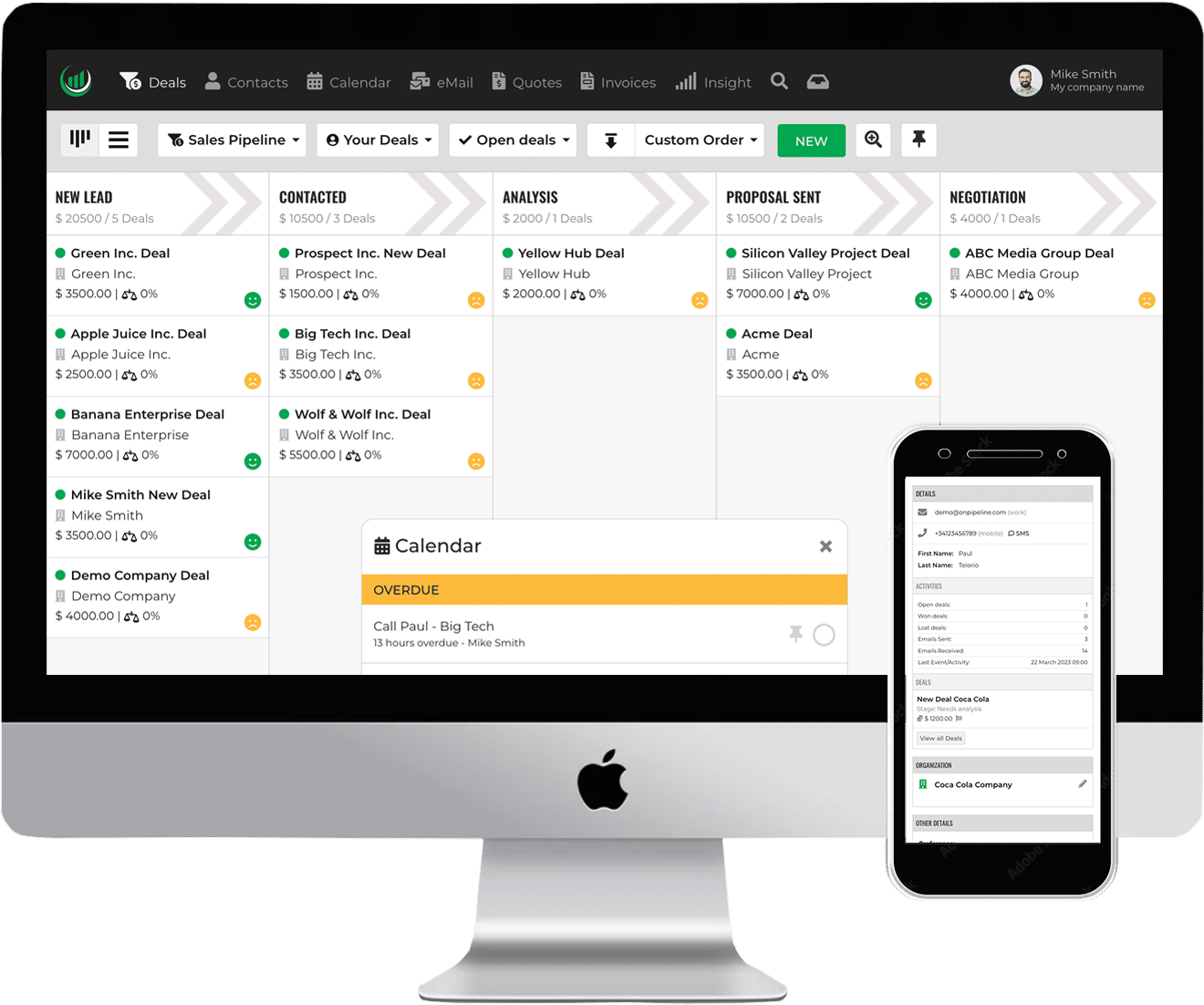Sales management involves creating a system that enables a sales team to effectively communicate and work with customers or potential customers. This involves setting targets, creating a plan of action, providing guidance and support to the sales team, and monitoring the team’s progress.
The sales reps must also have an understanding of the customer’s needs, the competition, and the market. They should be able to identify potential opportunities and provide feedback to the team to ensure they are able to achieve the desired results.
Remote Teams
Remote work is the future, but it requires employees to develop and hone their communication skills and methods in order to be successful.
It can be challenging to communicate with colleagues who haven’t been physically present, and many remote workers recognize the need to develop new skills in order to be effective.
This may include developing better methods for communication, such as using video calls, messaging services, and other technologies.
Training
Sales managers should ensure that their team is properly trained in a variety of sales techniques, such as negotiating, cold-calling, and upselling. This training should include various strategies for addressing customer needs and objections, building relationships with customers, as well as strategies for closing sales.
It is also important for sales managers to stay up-to-date with industry trends and market research, as well as their competitors’ strategies. This knowledge can be used to inform sales strategies, helping to ensure that their team is able to maximize sales and remain competitive in the market.
Performance Monitoring
Team performance involves a combination of technology, clear metrics, and regular feedback. These techniques can help ensure that the performance of remote sales staff is effectively tracked and evaluated, fostering a culture of accountability and continuous improvement.
- Key Performance Indicators (KPIs): Define clear, measurable Sales KPIs that reflect the goals of the sales team, such as sales volume, call quality, and customer retention rates.
- CRM Tools: Use Customer Relationship Management (CRM) systems to track sales activities, customer interactions, and progress towards goals in real-time.
- Regular Feedback: Implement a structured schedule for providing constructive feedback, allowing sales staff to understand their performance and areas of improvement.
- Performance Reviews: Conduct regular, formal reviews to discuss achievements and challenges, and to set goals for the next period.
- Data Analytics: Utilize data analytics tools to assess trends and patterns in sales activities, helping to make informed decisions about team performance and strategy adjustments.
Relationships
Employees may need to work on building relationships and trust with their remote colleagues, since these relationships cannot be built as easily as those in a traditional office setting.
Remote workers may need to learn how to manage their time and focus on tasks without the physical presence of their co-workers to keep them on track.
Norms for Remote Teams
For remote teams, it’s important to create simple and clear work norms that don’t just focus on work hours. Establish guidelines for communication to ensure that messages are clear and concise, reducing the need for constant back-and-forth.
Encourage a culture where employees feel they can take breaks when needed without feeling guilty. Provide tools and support that help organize tasks and priorities, making it easier for everyone to stay on track without feeling overwhelmed. This approach helps keep the team focused, efficient, and less stressed.
Working hours
Flexible working hours can be a great way to give remote workers more autonomy over their personal lives and work-life balance. However, if the remote worker does not set clear boundaries for their hours and workload, this flexibility can quickly lead to stress and anxiety.
To ensure success when managing remote workers, it is important to establish and maintain consistent working hours. This way, both the remote worker and the employer have a clear understanding of the expectations and goals, and the remote worker can better manage their own time and workload.
Meetings & Communication
Effective Team Leaders know how important it is to proactively communicate with their (remote) staff, so they strive to keep lines of communication open. Weekly one-on-one meetings provide an opportunity for sales reps to discuss their progress and any challenges they are facing, as well as to receive feedback from their team leader.
Daily meetings help to keep everyone on the same page, ensure that everyone is aware of any changes in direction, and provide a forum for sales reps to ask questions and get advice. By making sure their staff feel valued and motivated, Team Leaders can help to create a more productive and successful team.
Sales Strategies
The sales manager must be able to identify areas of improvement and define solutions to enhance sales planning, manage workloads, and increase efficiency.
Sales managers can implement a variety of strategies to help their sales teams increase sales. These strategies can include
- Improving customer service by providing more efficient solutions to customer inquiries.
- Creating product bundles that offer greater value for customers
- Offering discounts to incentivize sales.
- Providing incentives for sales reps that encourage them to achieve higher targets.
- Improving marketing campaigns by utilizing more targeted tactics.
- Developing relationships with key customers to understand their needs.
Tools & Software
Without an office, workers need information that is readily available from any location. It does not matter if a single, centralized tool is used, as long as each system, particularly in the sales department, is both efficient and user-friendly.
This will enable employees to access the necessary data quickly and accurately, so that they can work more productively and efficiently, even when outside of the office.
Onpipeline is a CRM for Sales Teams that ensures that your sales reps stay productive wherever they are. They always see what they should to do. Don’t forget to communicate any change or update through Inbox, add comments or notes. No matter where you’re working from!
Ensure productivity of sales reps regardless of location. Allow them to track tasks. Communicate changes/updates via Inbox, comments, notes – wherever they are.



